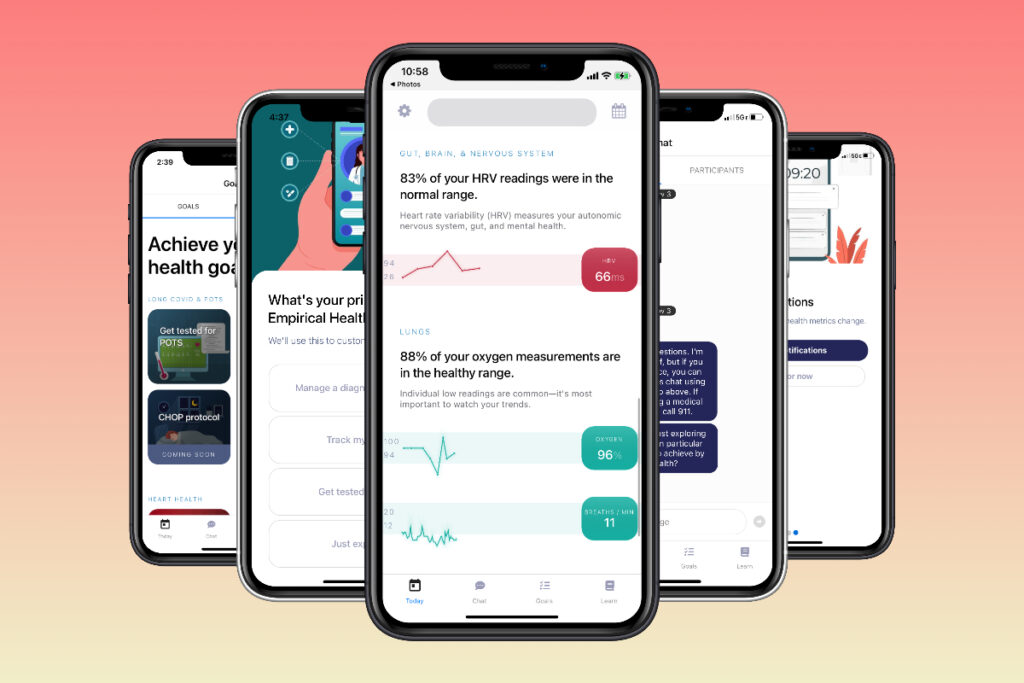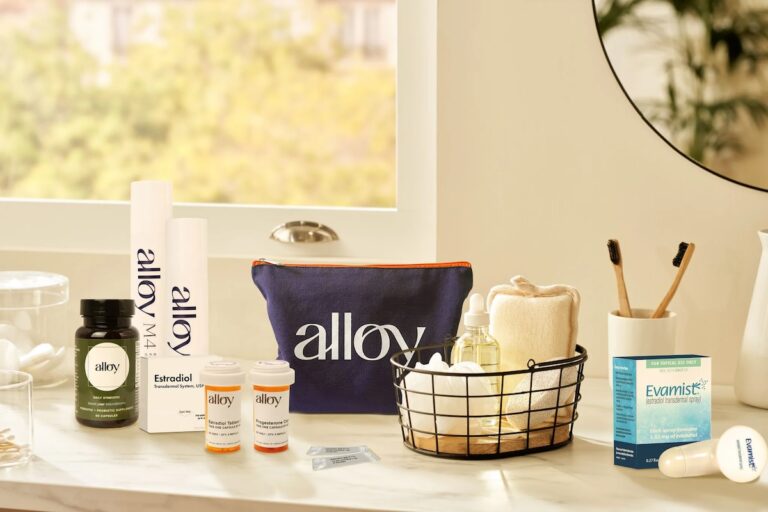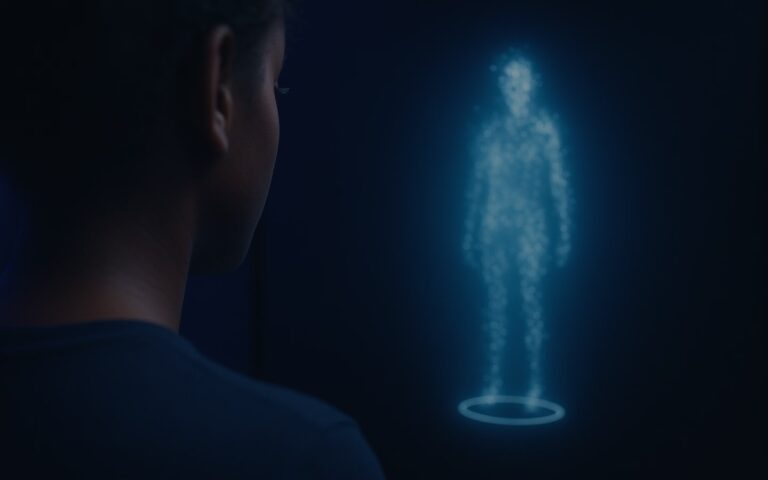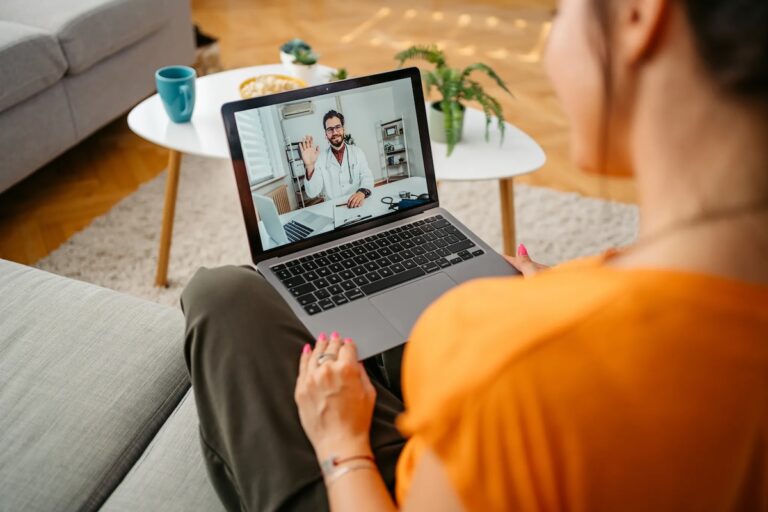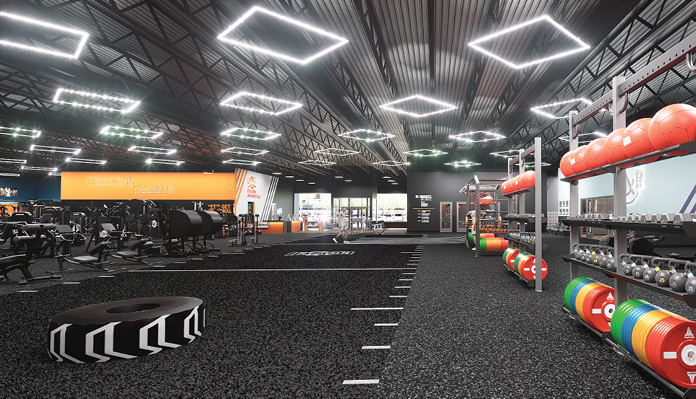In this Q&A, you’ll hear from Brandon Ballinger, CEO of Empirical Health, a primary care provider using wearable data to develop treatment plans. Brandon shares how his app differs from traditional telemedicine, and how patients suffering from Long COVID and POTS are seeing clinical success with its data-informed approach.
Tell us about Empirical Health.
Brandon Ballinger: Empirical Health‘s goal is to shift healthcare from reactive to preventive. In short, we do digital primary care, which is the fulcrum of the healthcare system.
Unlike a conventional doctor’s office, we make use of consumer sensor data (through wearables like Apple Watch) to help you manage your health proactively. Unlike traditional telemedicine, we’re not focused on transactional, urgent use cases — we develop a longitudinal relationship with you to manage prevention and management of chronic illness.
With every primary care physician influencing $20–30M of downstream healthcare spend, we see an opportunity to shift the approach. Empirical Health is licensed, registered, and insured to deliver real medical care in 15 US states — in other words, our mobile app delivers personalized, preventive medicine to a growing portion of the population seeking better outcomes.
What led you to pursue this opportunity?
BB: My co-founder, Raquel Rodriguez, and I are a doctor and an engineer. We helped run the first clinical study to detect abnormal heart rhythms with the Apple Watch’s heart rate sensor and a deep learning algorithm.
That was in 2016. Since then, there has been explosive progress in the underlying sensors, a closing ability gap between artificial intelligence (AI) and human-level performance, and business models shifting to reward value rather than volume.
And yet, only 0.8% of physicians have been using any of these novel sensors or AI. All of us have a friend, sibling, or parent who has been told “if only we knew sooner…” or who only found out they had heart disease when they woke up in the hospital.
Empirical Health seeks to answer the obvious question—“could this have been prevented?”—with technology.
How are you scaling up?
BB: We recently raised funding in a seed round. I’ve been in startups for 12 years, and this was by far the hardest funding environment I’ve encountered.
In spite of that, we actually raised more capital for less dilution compared to either of my previous two startups, and I really credit our time with Y Combinator for that.
Looking at the market, out of the $4T spent on healthcare each year in the US, we think $800B is preventable through high-quality, proactive primary care. In the most extreme value-based care models, we’d keep about 85% of the cost savings we generate.
Of course, execution is the hard part here. But if we keep you healthy, every hospitalization we prevent saves $12,974. So, there’s a clear link between our mission of keeping patients healthy and our financial success in a value-based business model.
How do you reach your core customer?
BB: Our core customers are patients with chronic illness. While many people find us through the App Store seeking proactive heart health, sleep apnea testing, and general primary care needs, right now, we’re seeing a lot of patients with Long COVID or POTS (postural orthostatic tachycardia syndrome).
Many times, POTS patients struggle to get a doctor to listen to them. They get told it’s “all in their head” or “just anxiety.” But with a heart rate sensor, you get objective data that shows that their condition is real.
Doctors at Empirical Health can actually now test and diagnose POTS through a standard Apple Watch heart rate sensor, an ECG (to rule out heart conditions), and a blood test at a local lab. After diagnosis, we can give people an actual treatment plan—exercise, prescriptions, and so on—and monitor whether the treatment is actually working.
Anything else you’d like to share with readers?
BB: One thing we see from real patients is that they’re never just dealing with one illness — it’s commonly POTS with hypertension, sleep apnea with aFib, heart failure with chronic kidney disease…
That’s why you’ll see us develop programs for more health conditions—ones that address the whole person—in the near future.
If you’re interested in having your company featured in our Q&A series, send an email to team@fitt.co.
